Table of Contents
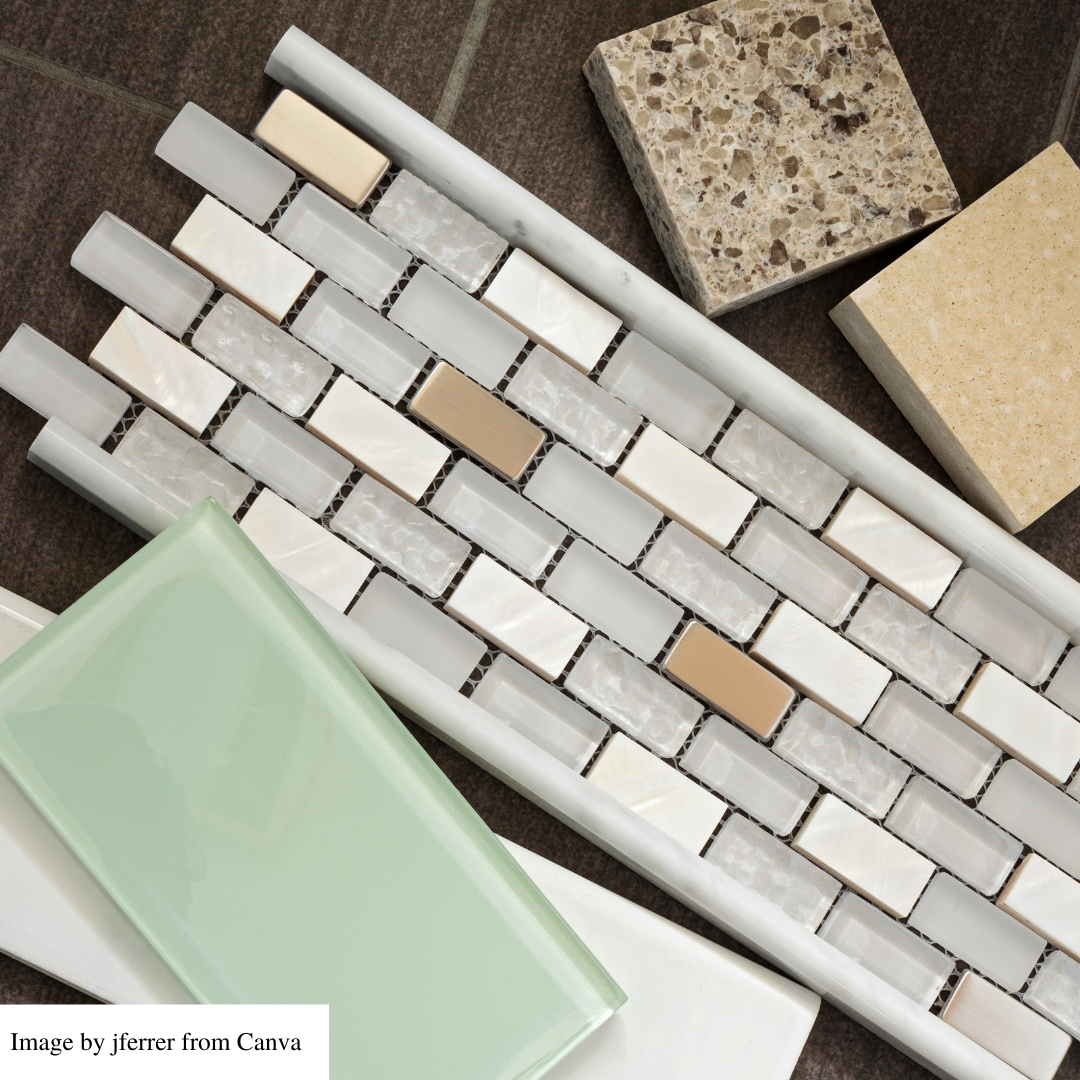
Deciding what to choose for your home countertops can be a daunting decision. There are so many materials, styles, colors, themes, and more to consider that it can get a little overwhelming if you are someone who is new to the situation.
If you are reading this, then it means you have successfully narrowed your choices down or are just interested in knowing the strengths and weaknesses of quartz countertops and porcelain countertops. While both are excellent materials and either one would make a perfect addition to your home, is one truly superior to the other?
You will find out today as we dissect the structural advantages and integral weaknesses of both quartz and porcelain, to see which one is better.
Composition
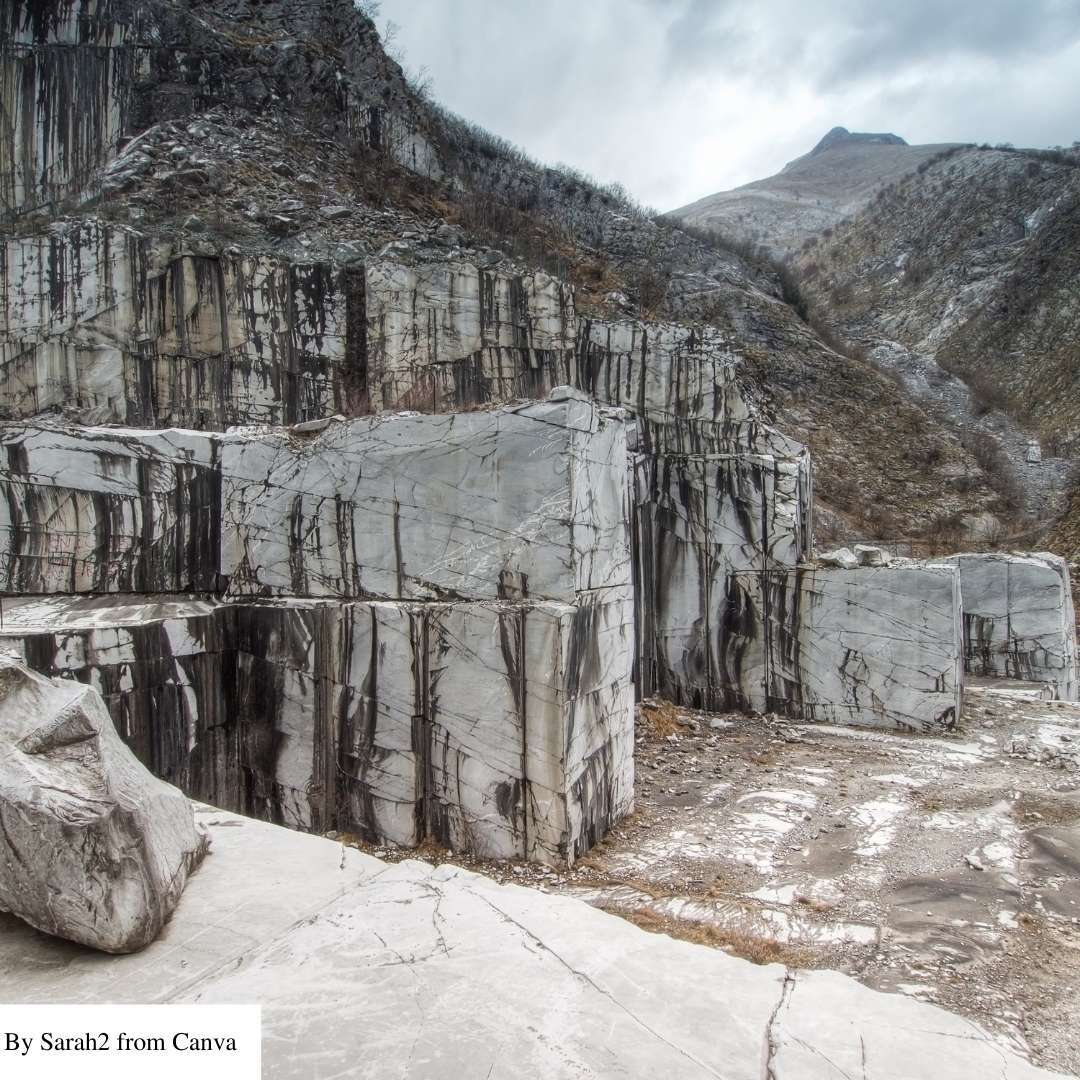
In short, what are quartz and porcelain made of? How did they develop into the stone slabs you are deciding for your home?
· Quartz countertops are made from 90%-93% quartz mineral and bound together with an adhesive resin, then dyed for unique colors and designs. The quartz mineral is an igneous rock, meaning several elements like silica and oxygen were heated by magma and crystallized in the cooling process.
· Porcelain countertops are made from dried porcelain which is a type of clay. This clay is known as “China clay” and has a high percentage of kaolinite, silica, feldspar, and other earth elements. This clay combination is placed into a kiln and cooked at extremely hot temperatures to make a super dense material.
Since both quartz and porcelain are earth-made elements, there is no real winner to decide which is better.
Hardness
Porcelain Maximus Classic Porcelain
Determining a stone’s hardness refers to its ability to resist scratching. All stones are ranked on the Mohs Hardness scale, giving stone a 1 to 10 rating, 1 being the lowest and 10 being the highest and hardest. For context, diamonds are ranked 10, making them one of the hardest stones to scratch, which is why they are so valuable.
· Quartz has a Mohs hardness level of 7 out of 10.
· Porcelain has a Mohs hardness level of 7 out of 10.
Both quartz and porcelain have the same hardness rating, meaning they are both highly capable of resisting scratches easily.
[get_quote]
Stain Resistance
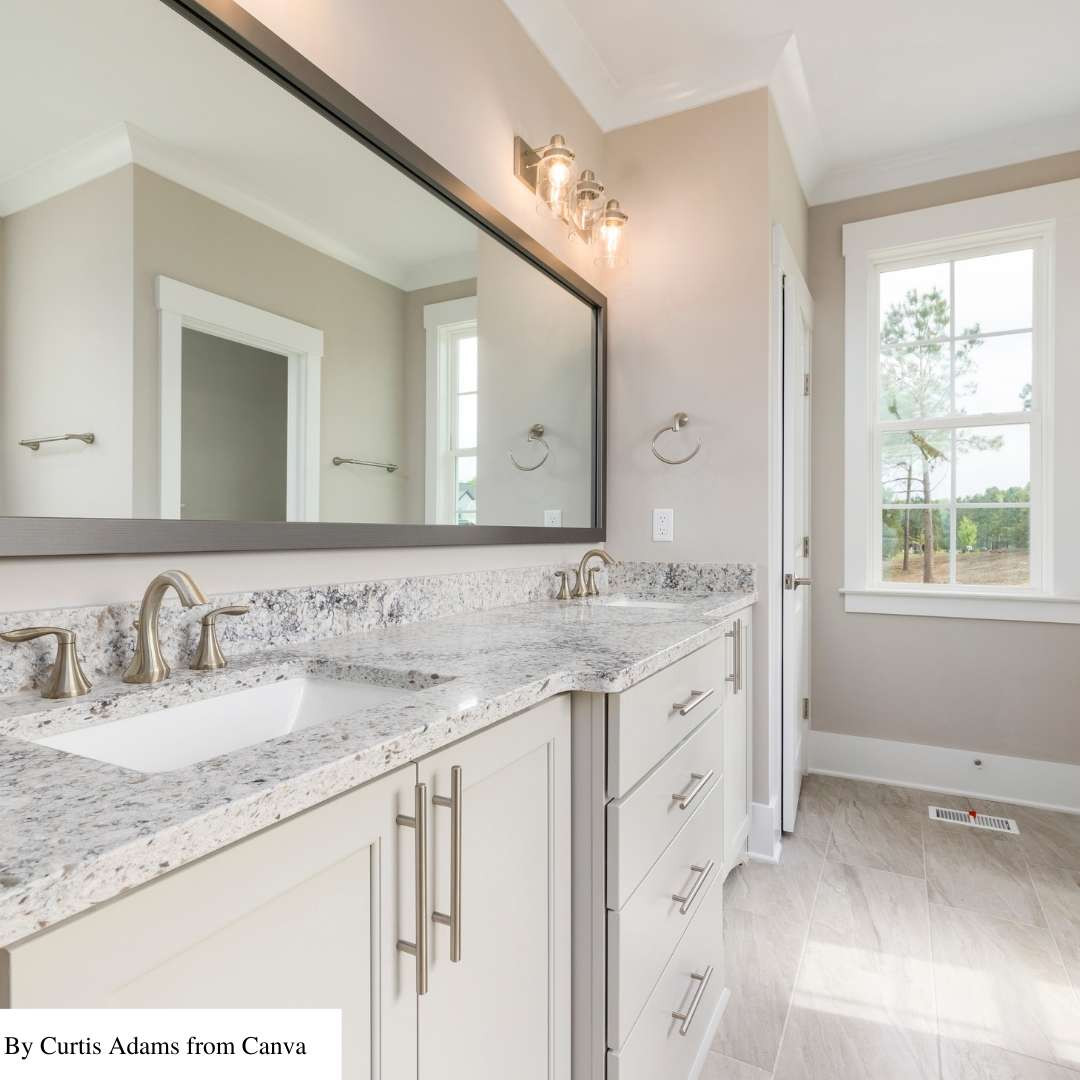
A stone’s ability to resist stains is not the same as being incapable of being stained. For this rating, the stone possesses the property of making stains difficult to form in the first place. Staining can still happen, but it is difficult to do so unless the countertop is neglected or mishandled. For simplicity’s sake, we will continue using the 1-10 rating.
· Quartz has a stain resistance of 10 out of 10.
· Porcelain has a stain resistance of 8-9 out of 10.
Both materials are technically “man-made” from earth elements, but quartz has better initial protection because it is non-porous. Porcelain is non-porous as well but has a slightly higher chance for stains to form than quartz, making quartz better with stain resistance.
Heat Resistance

Heat resistance indicates the stone’s ability to disperse heat and retain its structure without damage.
· Quartz has a heat resistance of 9 out of 10.
· Porcelain has a heat resistance of 10 out of 10.
Quartz and porcelain are both formed using elevated temperatures to shape their composition. It is only natural they would have a high tolerance for heat. However, porcelain is slightly better as it was cooked at high temperatures while quartz countertops are not completely stone. The resin within quartz slabs is not as heat resistant and can weaken when exposed to hot temperatures over time. For this weakness, porcelain gets the win.
Durability
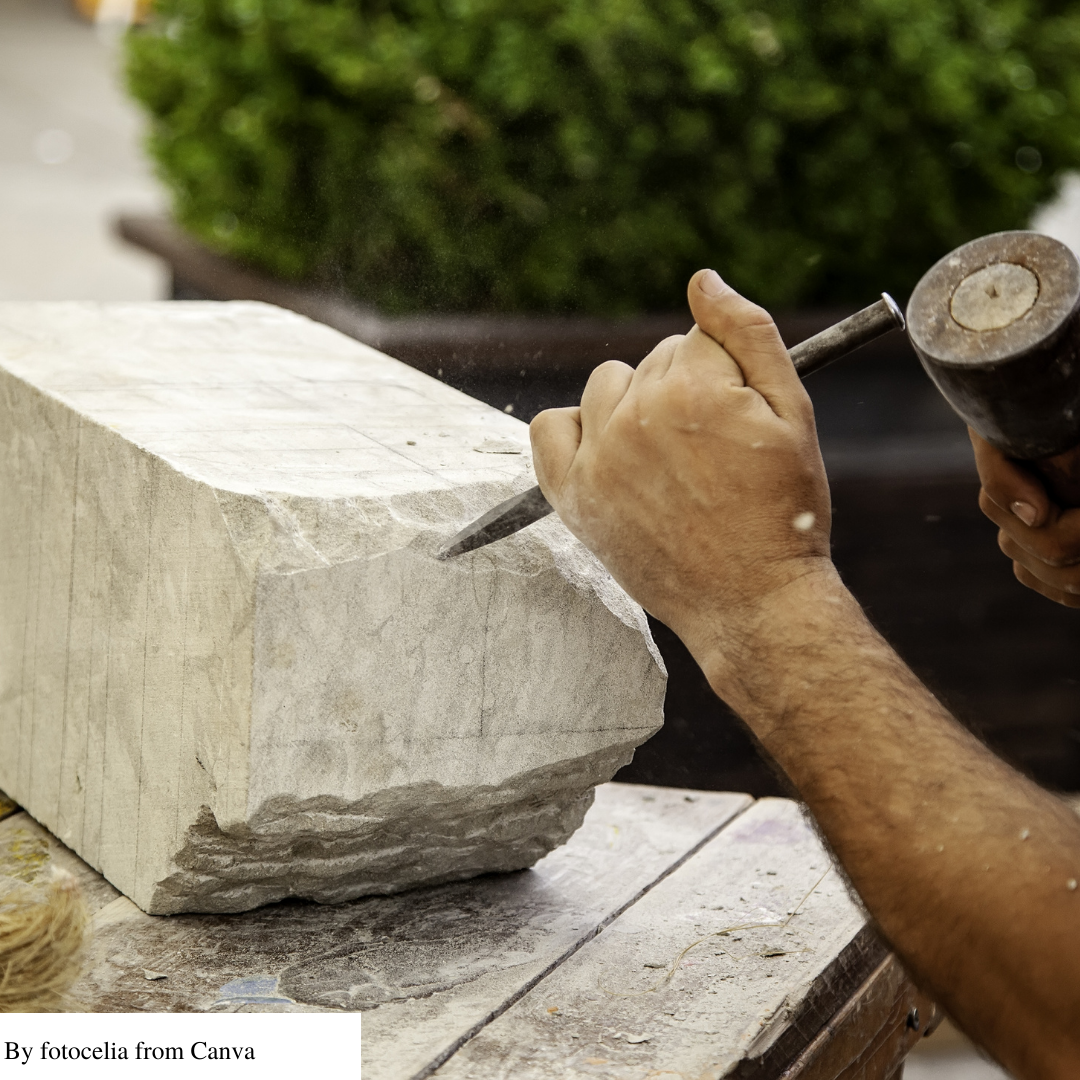
Unlike hardness which only tests its resistance to being scratched, checking a stone’s durability gauges how capable it is against damage. A stone that has a low durability level can be easily cracked or broken with enough force while a stone with high durability can withstand the strongest impacts.
· Quartz has a durability rating of 8 out of 10.
· Porcelain has a durability rating of 6 out of 10.
Quartz slabs are manufactured to be durable and resistant to most forms of damage. Quartz’s thicker size and heavier weight gives it more integrity to resist damage compared to porcelain which is thinner and lightweight. For its better durability, quartz wins overall durability.
Maintenance
No one wants to install a stone that needs constant care and attention to keep it clean. Keeping a house clean is difficult enough, especially with kids and pets running around. That is why having a stone that can be easily cleaned and maintained is an important deciding factor for your home.
· Quartz has a maintenance rating of 10 out of 10.
· Porcelain has a maintenance rating of 10 out of 10.
As quartz and porcelain are both non-porous and highly stain resistant, they are both very easy to maintain. They are tied for this category, so we move onto the next.
Sealing
Sealing countertops is often an additional charge and part of ongoing maintenance homeowners need to pursue for keeping stone countertops healthy at home. Apply a sealant to keep the stone’s pores covered to prevent stains, while giving extra protection from scratches and dirt.
· Quartz is non-porous and does not need a sealant.
· Porcelain is non-porous and does not need a sealant.
Since both stones do not need a sealant, this is another draw.
Customization
Customizing your countertops typically involves having them shaped or designed with edging options. There are dozens of options available for homeowners installing stone countertops, many of which are available for free with installation (depending on company policy and invoice.) While many edging options are available, the more expensive options require a thicker countertop to fit.
· Quartz countertops can be thin or thick, allowing for popular and premium options for a homeowner to consider upon installation.
· Porcelain is thinner than other stones, allowing only for some popular options to be used.
Quartz is able to be tailored more than porcelain with its varying thickness and accessibility for more edging options, allowing it to win with customization.
Cost
One of the biggest factors and probably most crucial factors in deciding between any stone material for your countertops is the cost. How expensive is it to install? The price for stone countertops will range based on multiple factors, so there is no set hard price for any material. For simplicity’s sake, these numbers are the average cost per square foot for each material.
· Quartz can cost anywhere from $50-$200 per square foot to install.
· Porcelain can cost anywhere from $45-$100 per square foot to install.
On price alone, porcelain is a much cheaper material to install, and it can be a suitable alternative for a new countertop material if you are on a budget. Depending on what you want, what is available, and your location, quartz can be very expensive to transport and install. While there is not a good comparison, we will give the win to porcelain since it is more cost effective.
Final Tally
|
Characteristic |
Quartz Countertop |
Porcelain Countertop |
Winner |
|
Composition |
Quartz + resin + dye |
Clay made from various earth elements |
X |
|
Hardness |
7 out of 10 |
7 out of 10 |
X |
|
Stain Resistance |
10 out of 10 |
8-9 out of 10 |
Quartz |
|
Heat Resistance |
9 out of 10 |
10 out of 10 |
Porcelain |
|
Durability |
8 out of 10 |
6 out of 10 |
Quartz |
|
Maintenance |
10 out of 10 |
10 out of 10 |
X |
|
Sealing Required |
No |
No |
X |
|
Customization |
Popular + Premium edging options Thin or thick slabs Customized designs and colors |
Popular edging options Thin slabs only Customized designs and colors |
Quartz |
|
Cost |
$50-$200 psf. |
$45-$100 psf. |
Porcelain |
Final Verdict
Based on the tally above and understanding the stats, composition and capabilities of each stone, quartz would appear to be the winner as a better choice for your countertops.
While on paper quartz may appear better, a homeowner should always choose what they want most for their kitchens. It does not matter if it is porcelain, quartz, granite, marble, or some other stone; as long as it is the stone you want, then it will always be the right choice.










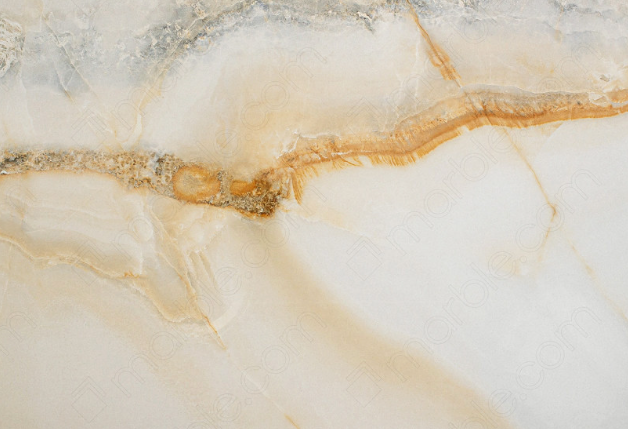



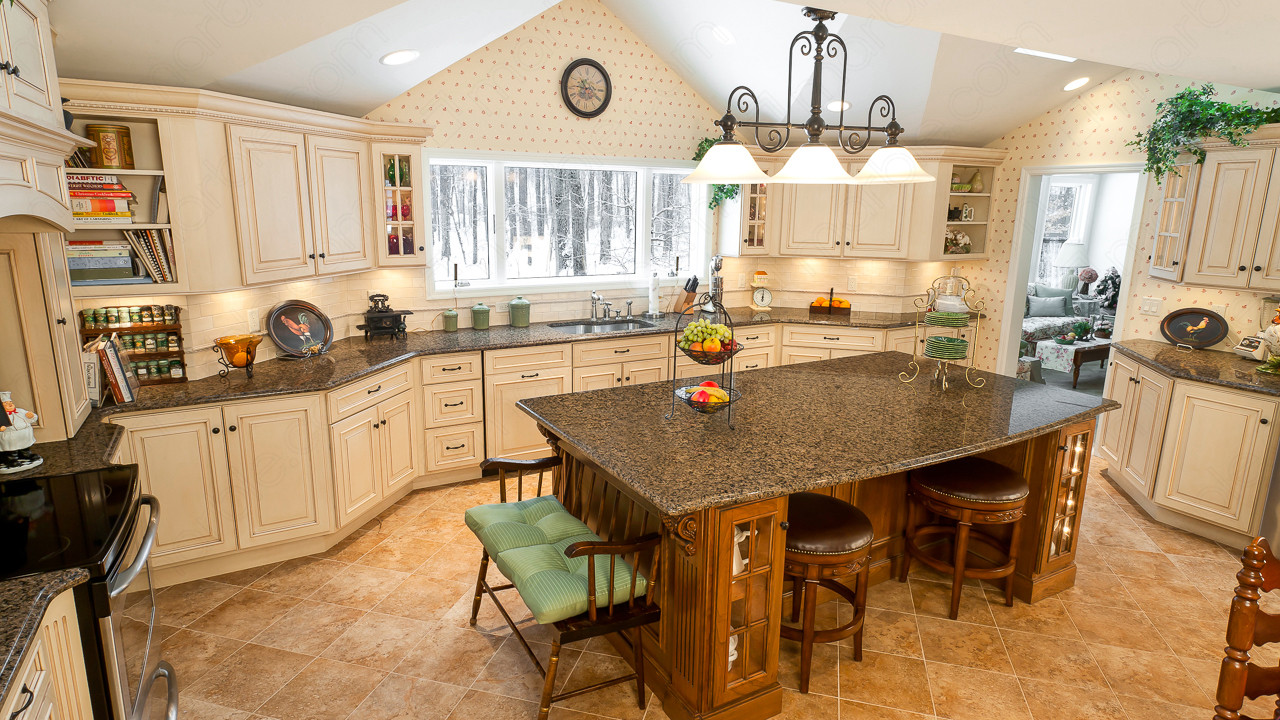
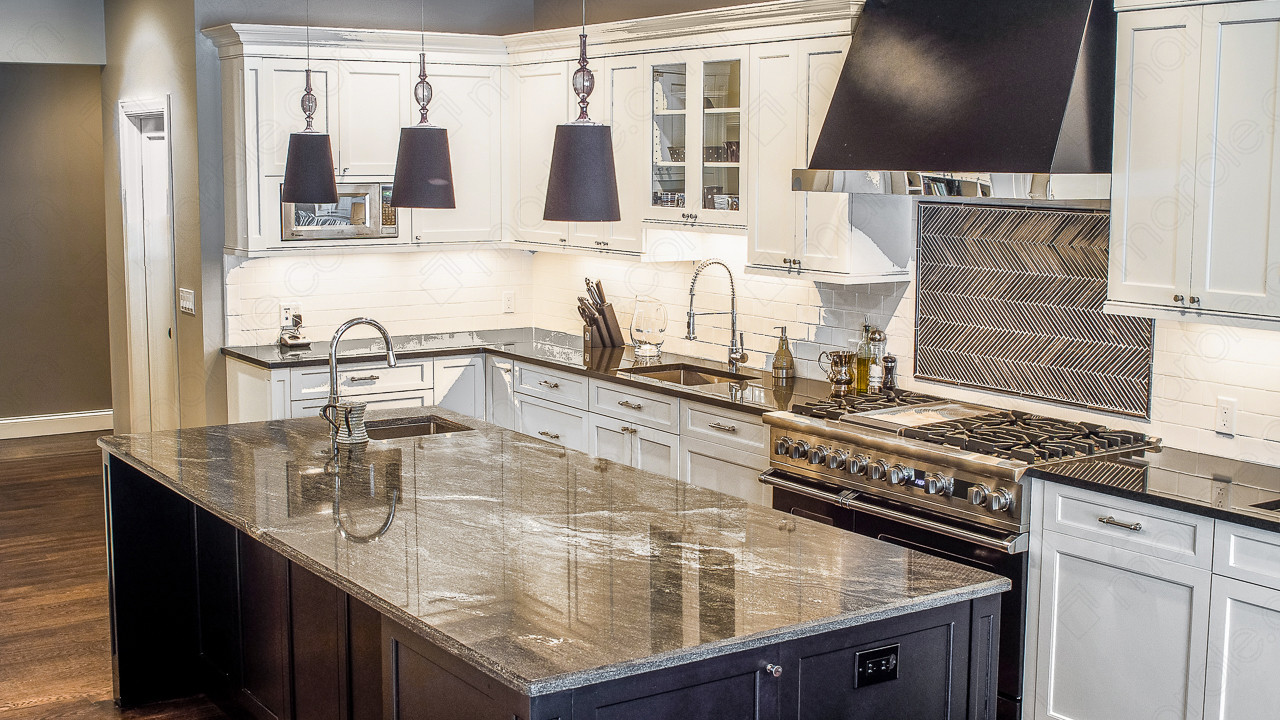
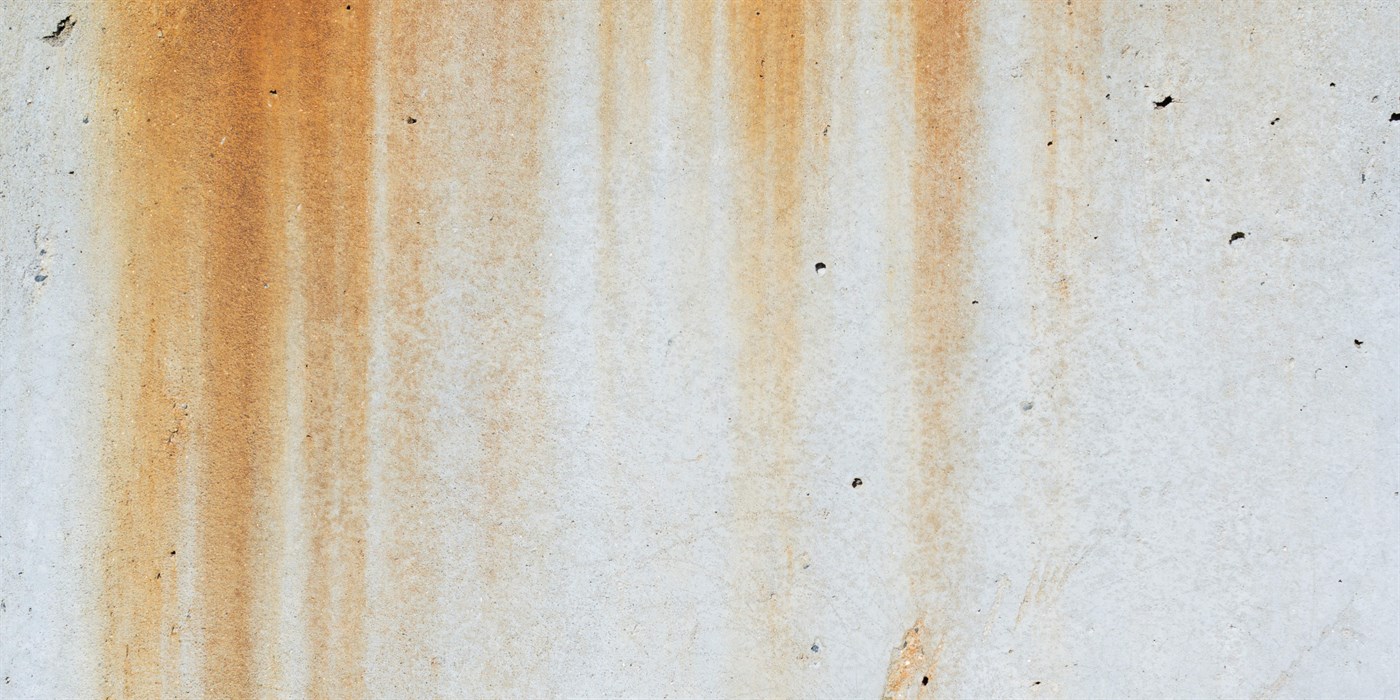
 The article helped me immensely
The article helped me immensely
 I’m now more informed on the subject
I’m now more informed on the subject
 I have questions about Marble.com
I have questions about Marble.com
 The article was not accurate at all
The article was not accurate at all
 There is a serious lack of information
There is a serious lack of information
 I have questions about Marble.com
I have questions about Marble.com